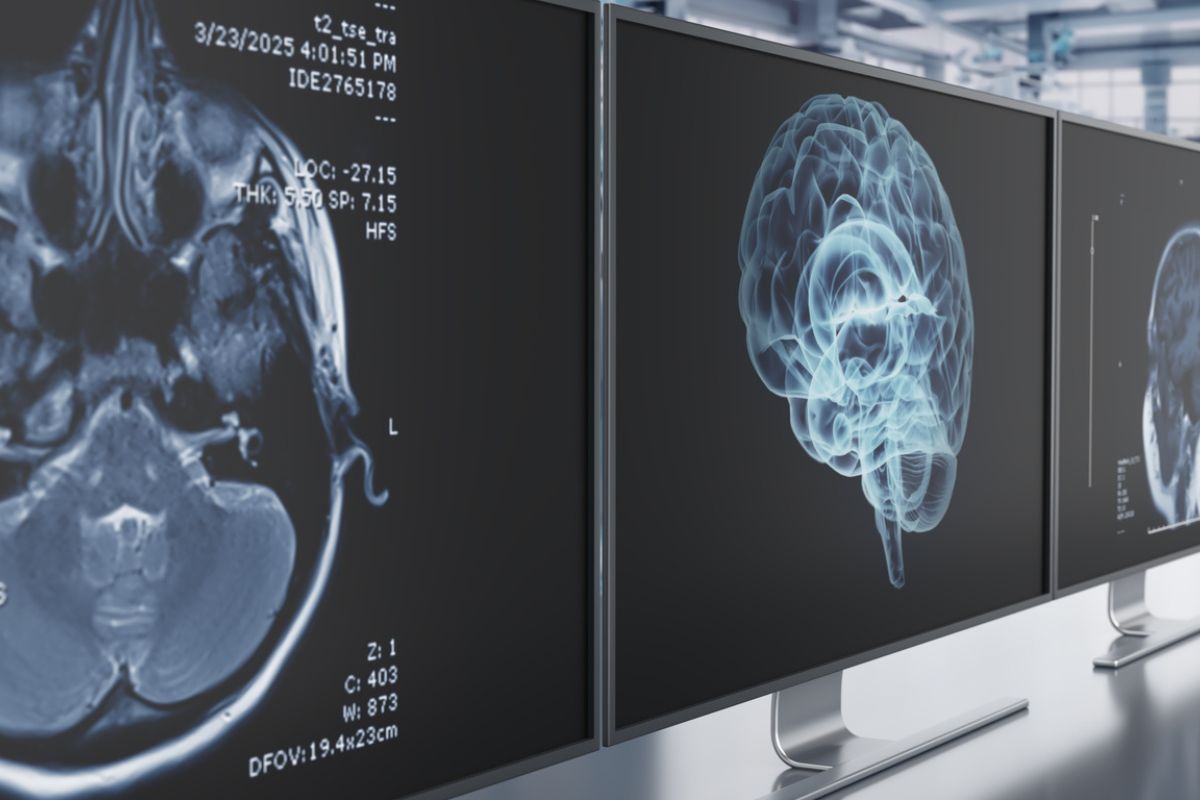When actor Brad Pitt revealed that he was suffering from face blindness last year, many dismissed his claim as a Hollywood star who couldn’t be bothered to remember the people he meets. But a new study by researchers at Harvard Medical School and the VA Boston Healthcare System indicates just how common the condition, known as prosopagnosia, truly is.
Published in the journal Cortex, the study estimated that more than three percent of people, or about 10 million Americans, meet the definition for face blindness, known clinically as prosopagnosia. If the diagnostic criteria were broadened and judged along a spectrum, the number of people with face blindness would grow substantially, the researchers speculated.
Regular Laxative Use Ups the Odds of Dementia by 51%
“Expanding the diagnosis is important because knowing that you have real objective evidence of prosopagnosia, even a mild form, can help you take steps to reduce its negative impacts on daily life, such as telling consequential coworkers, or seeking treatment,” lead author Joseph DeGutis, associate professor of psychiatry at VA Boston, said in an interview with Harvard Medical News.
For the study, the researchers asked more than 3,300 people to fill out a web-based questionnaire assessing how well participants were able to recognize faces they encountered in their everyday lives.
Afterwards, the researchers administered two objective tests to determine whether subjects had difficulties learning new faces or recognizing highly familiar, famous faces. Finally, the researchers compared face-matching scores among people diagnosed with prosopagnosia using different criteria, and found that using stricter diagnostic cutoffs did not correspond with lower face-matching scores.
The results showed that face blindness lies on a continuum. Of the 3,341 people tested, 31 (.9 percent) had major prosopagnosia, while 72 (2.2 percent) had a milder form. The researchers also observed that there were no neatly divided discrete groups of people with poor or good ability to recognize faces.
DeGutis said that the facial recall challenges can be caused by a brain injury to occipital or temporal regions, referred to as acquired prosopagnosia, or it can be the result of a lifelong condition related to genetic or developmental abnormalities, referred to as developmental prosopagnosia. It has also been associated with neurodevelopmental conditions such as autism or age-related cognitive decline.
In general, humans are remarkably good at recognizing familiar faces with very little effort, DeGutis said.
“We know that this face ‘super-power’ relies on several specific perceptual processes: holistic face processing-seeing the face as an integrated whole, for instance; memory processes, readily associating faces with person-related knowledge; and specialized brain mechanisms and regions, too, such as the fusiform face area.”
He also said prosopagnosia is nothing to take lightly.
“…face blindness can be a socially debilitating disorder that can limit employment opportunities. For example, networking is extremely difficult for people with prosopagnosia and can cause social distress and embarrassment. Recognizing someone is a social signal, indicating that ‘you are important to me,'” he said.
The goal of this research is to provide a solid framework to understand the processes behind prosopagnosia and uncover clues on how to improve face recognition in people with face blindness, DeGutis said. Recent evidence suggests that people with milder forms of face blindness may benefit from treatments that include cognitive training to enhance perceptual abilities or coaching aimed directly at improving face associations.



